Gurū Testimonial #1843
By Wendy Lee
“I hope you don’t make me regret finding you a job. Will is a good friend of mine,” Dad says.
“I’ll do the best I can,” I say.
“Are you still playing bass?”
“No, Mom threw it away.” Mom always said bass guitar was not ladylike. She didn’t like the thick, dark strings and the weight of it.
“Good. Your cover of ‘Stand by Me’ really sucked,” he says.
“It wasn’t my best work.”
“You really shouldn’t be thinking of anything but your job. Any pleasures or conceits you had before—gone. Don’t even try to relegate that to the five minutes you spend folding your towels. Understand?”
I nod.
“Are you sure? I don’t want to get any calls from Will about you. We go way back.”
I know that my father is right, but he is a hypocrite. He never folds any towels.
“You don’t need to worry. I’ll be the maven of estate planning. My modest sweater will shine as the noonday sun.”
“I’m glad to hear that. But for God’s sake, wear a jacket your first week. Will is an old-fashioned guy.”
I know I must seem sarcastic, but I really am grateful. I feel so lucky to have a job before I’ve even passed the bar exam. Will must have a lot of confidence in my dad.
• • •
What if I told you that you’re not the problem?
My eyes fill with tears, but not enough for Mom to notice.
“Skip the ad,” she growls.
“No!” I say.
It’s Roger Singh, the CEO of Gurū. He’s wearing a navy blazer and jeans and a sandalwood bead bracelet.
What if I told you that by reprogramming your subconscious and resonating with your ideal frequencies, you could say goodbye to loneliness, sexual repression, nostalgia, and lost productivity? In a recent study, Gurū was found to be more effective than medication at treating anxiety.
Mom yells at me in Korean, a language that I was taught to not understand. I pick up my laptop and carry it away, still watching.
Each day, we are surrounded by energy, from ourselves, from those around us, and our many handy devices. This can be a great thing, but it is also very confusing for our bodies. If you don’t have the right tools to ground yourself, you can easily get swept up in the chaos.
“That’s so true,” I say. “So many wavelengths, amplitudes.”
I started Gurū because I wanted to help people live up to their full potential. Gurū combines cutting-edge technology and exciting new breakthroughs in neuroscience to help you do just that.
It’s Jeanette from Tempe, Arizona. She has a golden retriever and works in an office.
Ever since I started using Gurū, I’ve been able to think so much clearer. For years, I thought, oh, I can’t afford to go back to school. I can’t pay off my house, I can’t do this, I can’t do that. But after a few weeks of wearing Gurū, working through the positive affirmations on the app, I ran the numbers again and realized I could do it. Now, I’m working part-time and studying to become a physical therapist. It’s always been my dream to help people achieve mobility, and now I’m right where I need to be.
“It’s always been my dream to help people too,” I say.
I look up the price of Gurū. It’s only $999.00. And it comes in three different colors.
• • •
“It’s always just one thing or another with you, isn’t it?”
Dad is super mad. My eyes fill, lungs ache and quake.
“I know I’ve been a failure. I know I have an unfortunate personality and an unremarkable GPA. I’m the blank sheet, the model minority misfire. But I can make all of that go away.”
“A shitty little pulsating headband is going to change the whole trajectory of your life?”
“The device only takes eight hours to sync.”
“Fucking millennials.”
“I’m Gen Z.”
“Makes no difference.”
“Just give me your credit card, and you’ll see. Tomorrow, I’ll be like the sun. Just the right amount of happy for ho hum.”
“Is she still bitching about Hulu?” asks Mom.
“It’s Gurū.”
“I think it’s a gimmick,” says Dad.
“You always spend your money on me just the way you like. But what if you’re wrong? Look, I told you I didn’t need golf lessons. I tried to tell you in a nice way that no one likes us because they think you’re just a couple nouveau riche assholes. And I was right! I didn’t need golf lessons.”
“She’s got a point there,” says Dad.
“If we get you this toy, will you be happy forever and try to look good with the new mid-century modern aesthetic around here?” asks Mom.
“Yes!”
“And make partner by twenty-six?” asks Dad.
“My very synapses shall echo with virtue and honor and praise,” I say.
“We should get her Hulu,” says Mom. “She is our daughter, after all.”.
• • •
I have read the Amazon reviews, and I believe I have a more sober (haha) view of things now. Gurū is not safe with certain medications. One reviewer reports that a glass of wine is fine, but you’ll hardly enjoy it because your brain chemistry will be so different. I already don’t like most things anymore, so maybe it’ll work out well for me.
One thing that makes me sad is the thought of Michael Stipe not visiting me in my dreams anymore. Maybe I’ll become so present and leaning in that I’ll never think of any of that ever again.
“I won’t let you be a humanoid-android. You can’t just stop being Jenny,” says Tyrell.
“Easy for you to say. Everybody loves Tyrell. No one loves Jenny. No one ever wants to play with Jenny.”
“I want to play with Jenny.”
I hold his hand, and he holds the shopping basket.
“So, it’s arriving tomorrow?” he asks.
“By eight a.m.”
“Shit.”
“You know, supermarkets make me anxious, but ethnic supermarkets, less so.”
“You’re cute when you’re cagey,” he says, meeting my gaze as we stroll through the rice aisle.
“Shut up and shop.”
“What’s this drink we’re looking for?”
“I’ll know it when I see it. It’s wanderlust in a plastic bottle.”
We linger at the refrigerated shelves.
“Here it is. The nectar of my fatherland,” I say.
He reads the label.
“Looks like some kind of persimmon juice.”
We take it to the car. I show Tyrell the super cool foreign packaging. The cap twists off in a slow, satisfying way. He takes a swig and makes a face.
“This isn’t right,” he says.
“You don’t like it?”
“This is no way to celebrate your last night as a real girl.”
“Well, that’s just it. That’s the point. I don’t know how it is that people handle these things. That’s where Gurū comes in.”
Tyrell sighs and gives me the Korean soft drink.
“I know you don’t understand. If I were you, I’d romanticize my disease too,” I say.
“You don’t have any disease.”
“How do you know? You don’t see what they see. I am the blank screen of fear. Behind the screen I’m dark, caving in, too yin. Upon me, they can project whatever they want.”
“They can go to hell.”
“It’s different with you, Tyrell. With you, I can eject. I don’t need to deflect.” How we did intersect.
I close my eyes to laugh, and when I open them, he’s not there anymore.
• • •
Today, I made a joke at work, and Will laughed. I said, “Well that’s another thing they don’t teach you in law school.” Gurū is really helping me discover my sense of humor in a healthy and work-safe way. I think my six-month review is going to bring to light a lot of things I can improve on. I am still only a human, after all.
I don’t think of Tyrell much anymore. We’re both very busy, and I know it’s better this way.
Sometimes, I like to walk outside, under a canopy of oak trees. I like the parable of the grape ivy. It just expands everywhere, takes in light and sucks up CO2. I suppose it does remind me of the album cover of Murmur, but I don’t have those dreams where I ask Michael Stipe questions anymore.
I do have to take Gurū off every few days to clean it. I also have to wash my hair without Gurū. They’re working on a water-proof model, but that won’t come out until Fall 2020.
“No one’s going to finance your bullshit, lingering over café au lait and Apple News like a bum.”
I know the voices aren’t real, and I try to breathe deeply. But they won’t stop.
“Did you ever have any childhood trauma related to carnivals?”
Michael Stipe looks at me like I’m a moron. I hear the water running and feel the cold of the tile running up my hands, but I can’t stand and can’t stop crying. Greg was rude to me today. Real abrasive when he said, “Maybe after lunch.” But I shouldn’t have bothered him because I knew he was preparing for the conference call. Dumb, inconsiderate bitch.
I want to scream. I want to scrape off all my zits. Withdraw my application from the California State Bar. I wish I could call Tyrell, but I deleted his number already.
I grab the little handle of the cabinet under my sink. There’s Clorox behind there. I can hardly see through the water and I know my face is folded up. I want to rip the nub off the cabinet. I want to rip myself apart, piece by piece.
Mom runs in.
“Come on. It’s not so bad. Stop crying, Jenny.” She has her arms around me. I have my arms around my dumbass ribs, squeezing my lungs out. She lets go and places the cool crown of plastic rationality on my head.
These incidents usually last about half an hour. We in the Gurū community affectionately call it “withdrawal.” It’s harmless, really. Some users report that they can significantly reduce the duration and intensity of these episodes by adjusting down “lucidity” under the Delta Dreams tab on the Gurū app. That’s not something that works for me personally, but I do take a little CBD oil before bathing.
I’m usually not one to review products, but I would totally do a testimonial for Gurū. I just want everyone to know that recovery is possible. I’ve been sober for two months now. I’m great at my job and my dad finally loves me. The pH of my urine is 7.3. My life is finally worthwhile, and it’s all thanks to Gurū.
Wendy Lee lives in San Diego, California. She is an attorney by trade, dabbles in beading, and is an aspiring curator of clichés.
Photo by Maximalfocus on Unsplash.



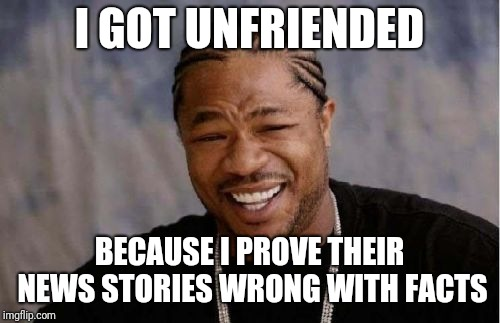

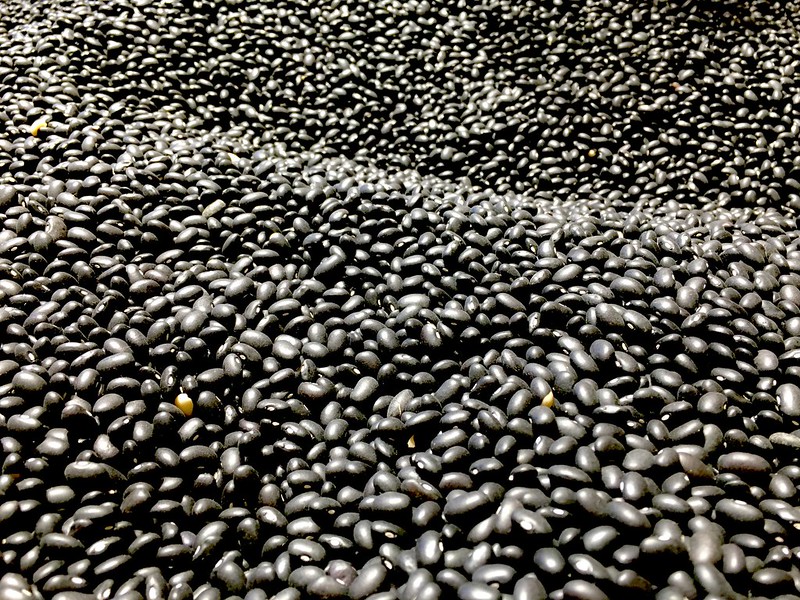



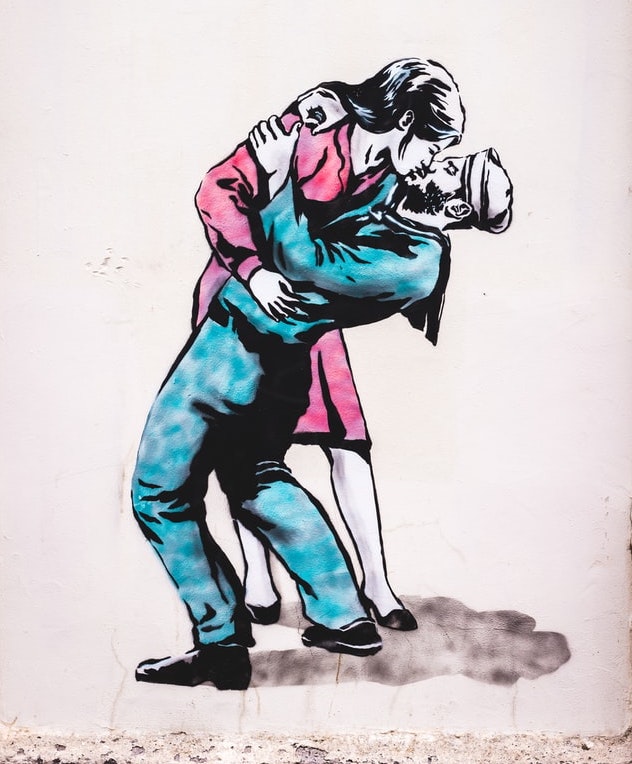



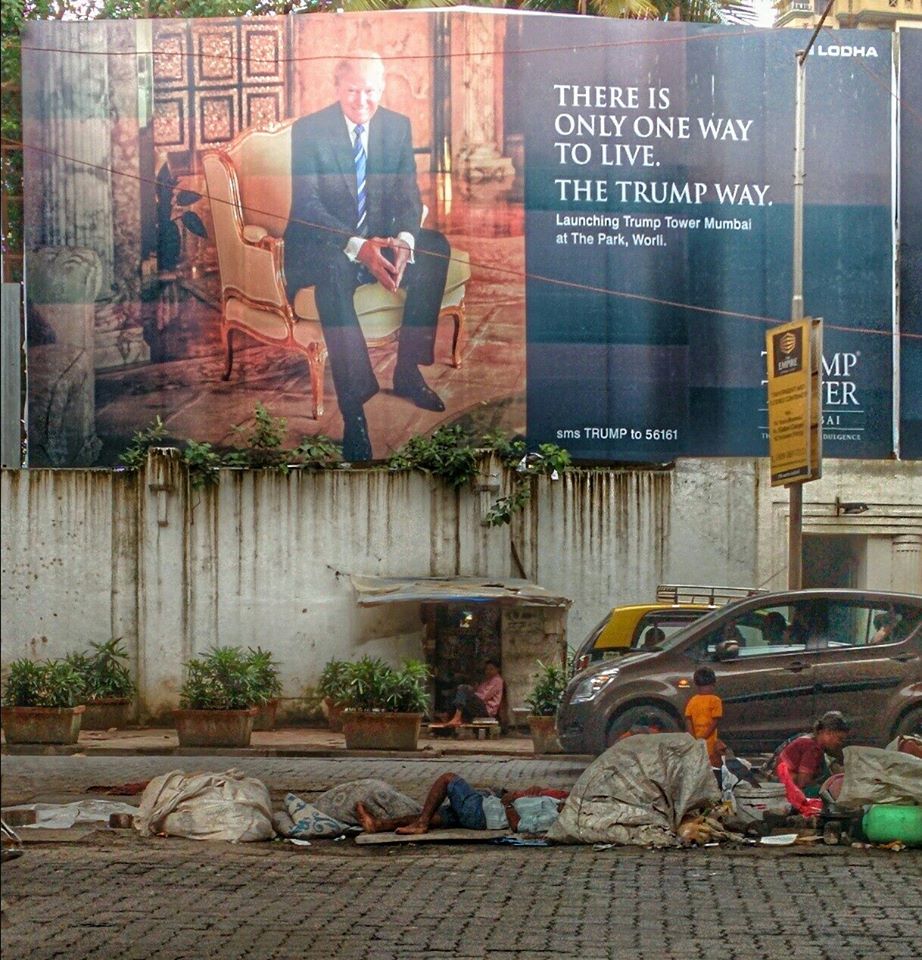
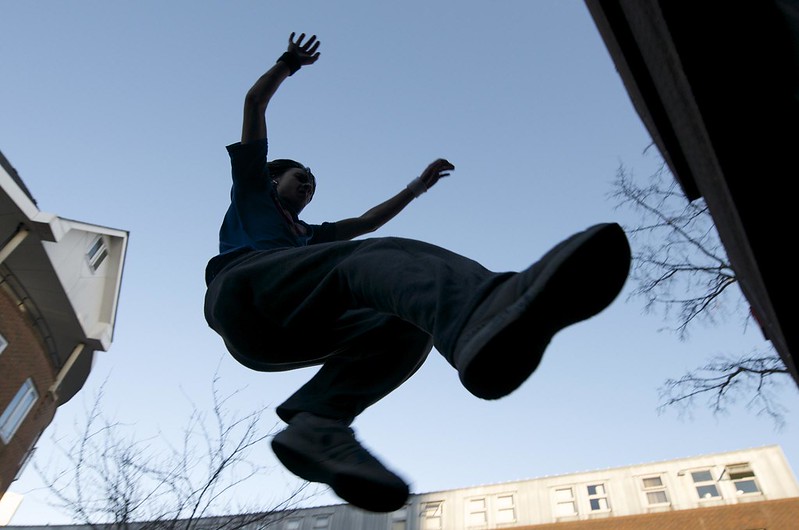




 Debbie is a psychologist and writer whose poetry has appeared in a number of literary journals and anthologies, including the San Diego Poetry Annual, Serving House Journal, Sixfold, Poets Reading the News, Poetry24, Bird’s Thumb, Califragile, Gyroscope Review, and Hawaii Pacific Review. Her essays have appeared on NPR’s This I Believe series, in USD Magazine, and in the San Diego Union Tribune. She completed her MFA in 2017 at Pacific University in Forest Grove, Oregon.
Debbie is a psychologist and writer whose poetry has appeared in a number of literary journals and anthologies, including the San Diego Poetry Annual, Serving House Journal, Sixfold, Poets Reading the News, Poetry24, Bird’s Thumb, Califragile, Gyroscope Review, and Hawaii Pacific Review. Her essays have appeared on NPR’s This I Believe series, in USD Magazine, and in the San Diego Union Tribune. She completed her MFA in 2017 at Pacific University in Forest Grove, Oregon.
